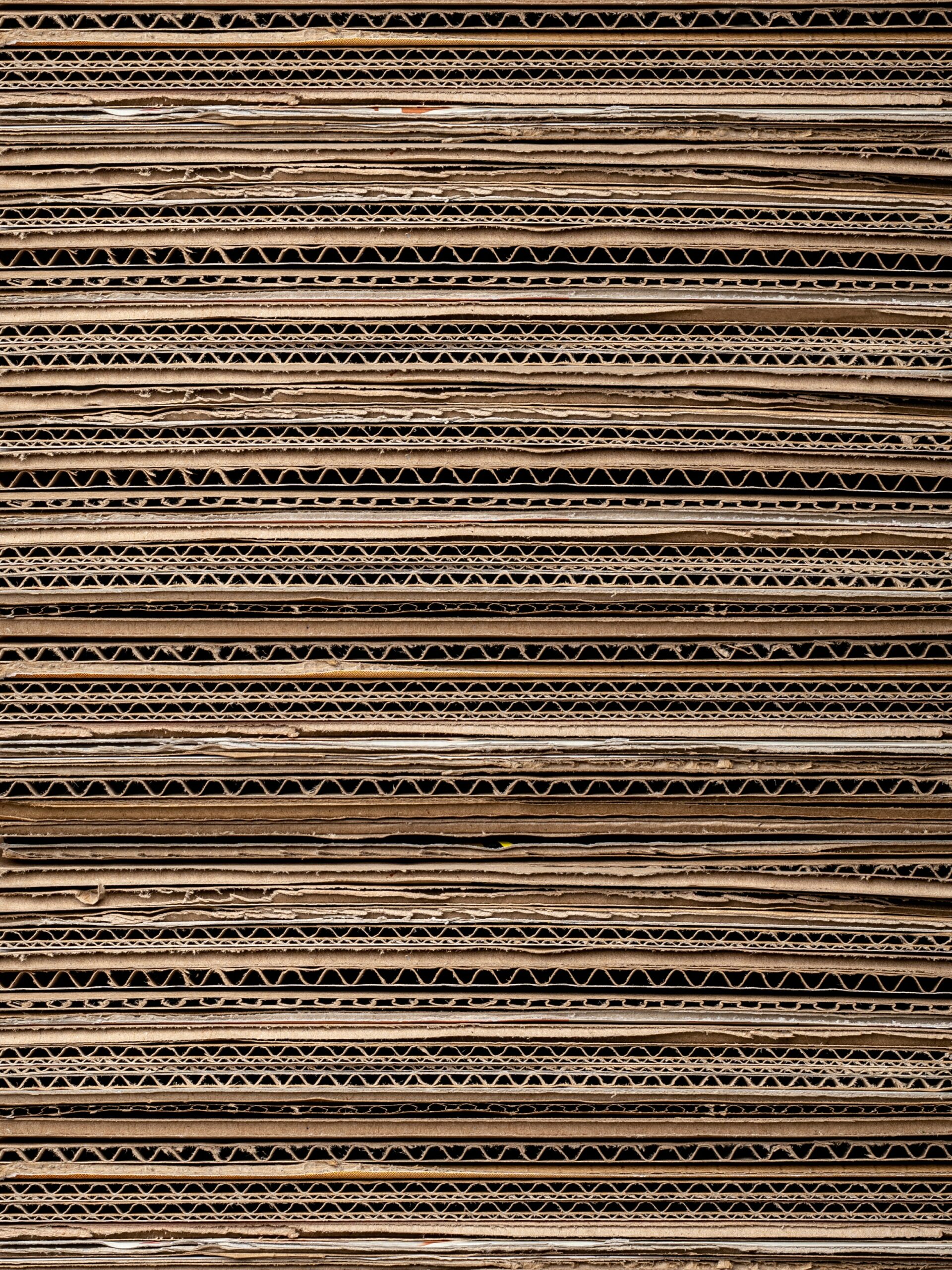
A certificate of origin document serves to confirm a product’s country of origin, which is often required for a soft commodity and certain secondary raw materials. Customs authorities in the destination country often require the COO as part of the import clearance process.
What details go on a certificate of origin form?
The COO document includes the name and contact information of the product’s exporter, receiver and also the producer if this is different from the exporter. It states the country of origin – the product’s ‘nationality’ – and provides a clear description of the product itself, including the HS code, quantity and weight. In some cases the COO includes a waybill number, details of the route and mode of transport, and the commercial invoice numbers and dates.
Are all certificates of origin the same?
No. The most common kind of certificate of origin is non-preferential. It states the origin of a type of product that doesn’t qualify for special treatment. A preferential COO on the other hand is for shipments between countries with a trade agreement. This kind of COO serves as proof that the goods qualify for reduced or no import duties. This enables Customs authorities to calculate the relevant charges.
All certificates of origin are one-time documents that accompany a specific shipment. Sending a second shipment of the same product requires a new certificate of origin. Remember that the ‘nationality’ of the product is not always the country it was shipped from.
What determines the country of origin?
The country of origin is determined by what parts or ingredients are in a product and where they came from. The production process and where that took place is also important.
The International Chamber of Commerce (ICC) describes non-preferential rules of origin as goods that are ‘wholly obtained’ in one country. When there are two or more countries involved in the manufacture of a product, origin is obtained where goods underwent their last, substantial, economically-justified processing or working, in an undertaking equipped for that purpose, resulting in the manufacture of a new product or representing an important stage of manufacture.
Where can I get a certificate of origin form?
In the UK, a local Chamber of Commerce can issue or certify a certificate of origin if that is required by the destination country or customer. However not all UK exporters of waste paper to India, for example, use the standard COO document as provided by the ICC. Some produce their own.
Why do some Customs authorities require a COO and not others?
Import duties are not the only reason Customs want to inspect a certificate of origin. When safety is a potential issue, for example – such as with the transport of hazardous waste – Customs need to know what rules to apply during the clearance process. There may also be anti-dumping measures or trade embargoes in place for goods from certain countries, which are features of trade wars.



